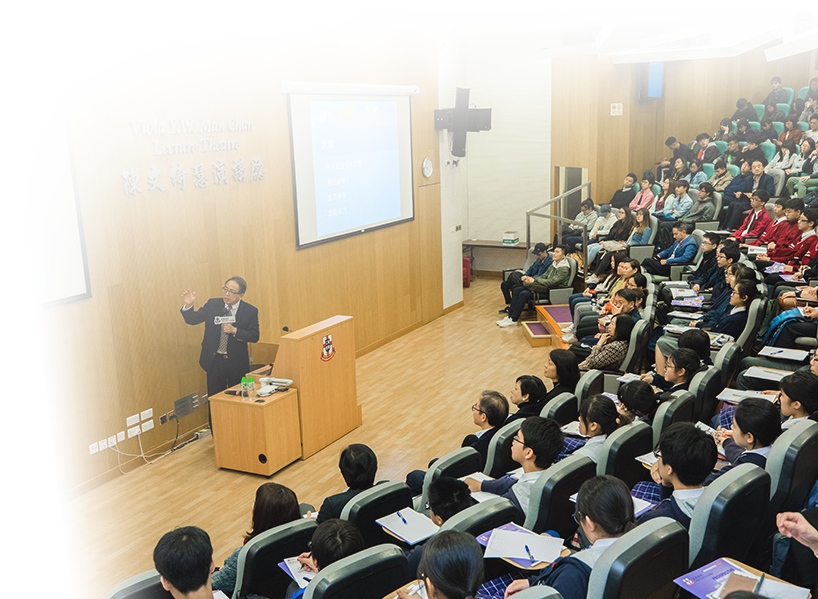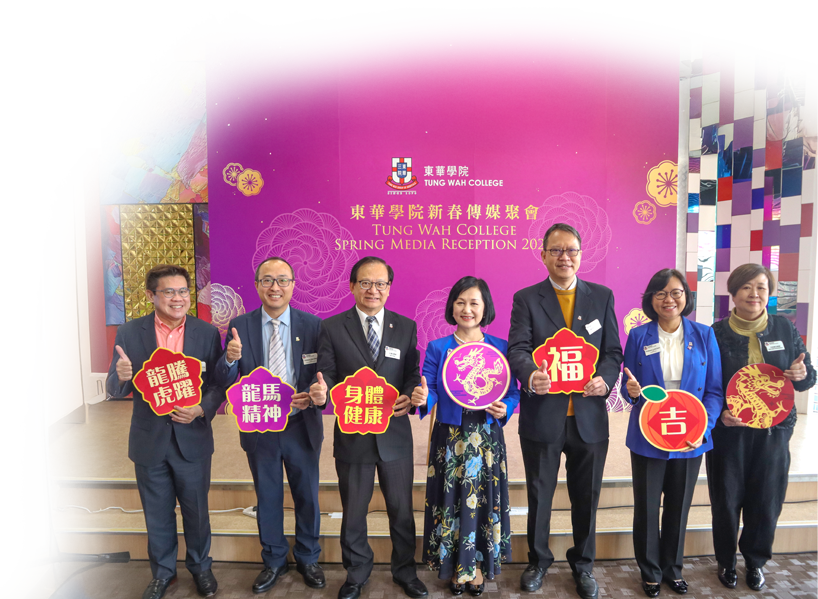Tung Wah College (TWC) welcomes the Supplementary Medical Professions (Amendment) Bill 2025 (the Bill).
Professor Sally Chan, President of TWC, stated, “TWC supports the government’s proposal to enable physiotherapists and occupational therapists to provide services directly to patients without a doctor’s referral under specified circumstances. We believe that this will benefit the general public, allowing them to receive appropriate treatment in a timely manner. We also agree with the renaming of ‘supplementary medical professions (SMPs)’ as ‘allied health professions’. This new term accurately reflects the professionalism of the industry and will help raise the status of the practitioners.”
TWC offers a number of Bachelor’s Degree programmes in SMPs that are popular among prospective students, including Physiotherapy, Occupational Therapy, Radiation Therapy, and Medical Laboratory Science. Last year, it launched the city’s first self-financing Bachelor of Science (Honours) in Medical Imaging. As of 4 December 2024 (the deadline for submitting JUPAS applications for the academic year 2025/2026), the Physiotherapy and Occupational Therapy programmes – being the first self-financing Bachelor of Science programmes in Physiotherapy and Occupational Therapy to gain professional recognition in Hong Kong – received over 3,100 and 2,500 applications respectively, making them the second and third most popular programmes at TWC. The Radiation Therapy programme is the most competitive, with about 105 applicants competing for one place (2,117 applications for 20 places). These figures demonstrate a strong interest in SMPs among the younger generation, and the Bill is expected to further enhance the attractiveness of the industry, motivating more aspiring students to enter the field.
Regarding the introduction of new pathways for admitting qualified non-locally trained supplementary medical professionals to practise in designated institutions, TWC believes it will help alleviate the short-term staffing shortage in certain professions within the public healthcare system. “Yet, in the long run, Hong Kong must train more local talent who are familiar with our healthcare system. This is the most effective solution to meet the local demand for healthcare services,” emphasised Professor Chan.
TWC is confident that the new regulatory arrangements proposed in the Bill, such as revamping the composition and structure of the Supplementary Medical Professions Council (which will be renamed as the Allied Health Professions Council) and the Boards of individual SMPs, will improve regulatory functions and promote the long-term development of the industry. TWC hopes that the Bill will receive support and approval from legislators in subsequent Legislative Council meetings after it is gazetted today.





















